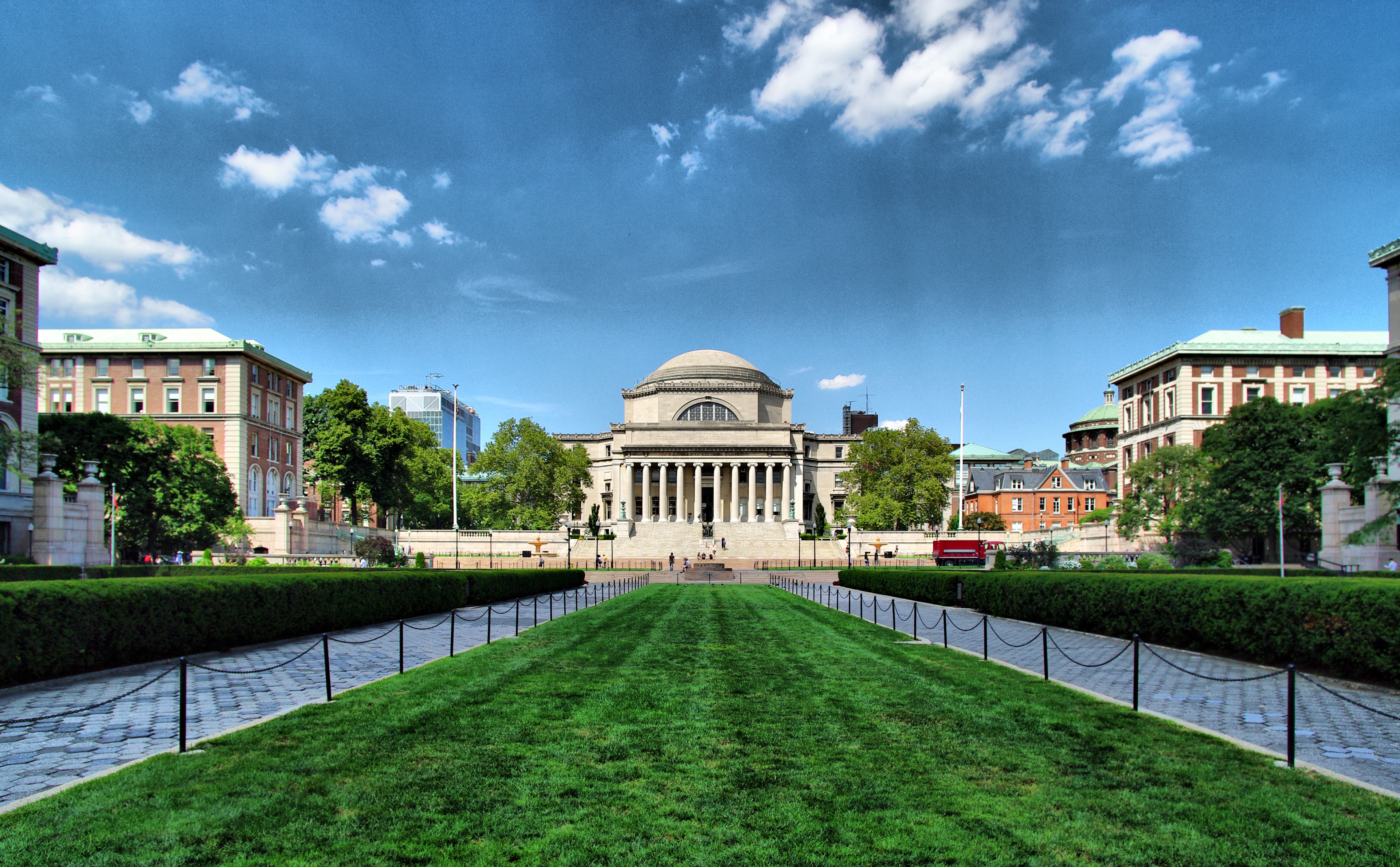A master's degree in debt
And more of the week's best financial insight

A free daily email with the biggest news stories of the day – and the best features from TheWeek.com
You are now subscribed
Your newsletter sign-up was successful
Here are three of the week's top pieces of financial insight, gathered from around the web:
A master's degree in debt
"Elite universities have awarded thousands of master's degrees that don't provide graduates enough career earnings to begin paying down their federal student loans," said Melissa Korn and Andrea Fuller at The Wall Street Journal. The most extreme example is Columbia University's film program, whose students graduated with a median debt of $181,000. "Two years after earning their master's degrees, half of the borrowers were making less than $30,000 a year," according to Education Department data. In the 2020–21 academic year, graduate students will have borrowed as much as undergrads for the first time. "Free-flowing federal loan money" has most benefited universities with "legacy branding that lets them say, in effect, their degrees are worth whatever they charge."
The Week
Escape your echo chamber. Get the facts behind the news, plus analysis from multiple perspectives.

Sign up for The Week's Free Newsletters
From our morning news briefing to a weekly Good News Newsletter, get the best of The Week delivered directly to your inbox.
From our morning news briefing to a weekly Good News Newsletter, get the best of The Week delivered directly to your inbox.
Planet of the 'Apes'
Movie theater chain AMC abandoned an effort to issue 25 million new shares after the plan drew outrage from retail investors on social media, said Thornton McEnery at Market Watch. Retail fans of the stock, who sometimes call themselves "apes," are "now thought to hold roughly 80 percent of the company's shares," which have soared in recent weeks. AMC, which has been a "meme stock" favorite on forums like Reddit, was planning to sell shares to pay down its debt. But the prospect of diluting the stakes of existing stockholders didn't go over well with its investors. CEO Adam Aron, "who has made a habit of engaging directly" with investors on Twitter, posted a picture of the words "I see you, I hear you, I value you."
No flight and no refund
Travelers are finding it difficult to use the rebates and vouchers for last year's canceled flights, said Eric Taub at The New York Times. Most airlines and travel companies granted reimbursements or covered cancellation fees with credits after countries began closing borders. But with restrictions easing, many travelers are "experiencing frustrating delays in rebooking flights, and even outright refusals by travel companies to honor" those credits. Meanwhile, many travelers who opted for refunds haven't gotten them yet. One passenger, owed a $4,500 refund for an Aer Lingus flight canceled in February 2020, was still waiting for her money this month — and Orbitz, her online travel agency, said that because of a computer glitch she might not get it until the end of 2021. (Orbitz did issue the refund after a reporter called.)
A free daily email with the biggest news stories of the day – and the best features from TheWeek.com
This article was first published in the latest issue of The Week magazine. If you want to read more like it, you can try six risk-free issues of the magazine here.
-
 Political cartoons for February 12
Political cartoons for February 12Cartoons Thursday's political cartoons include a Pam Bondi performance, Ghislaine Maxwell on tour, and ICE detention facilities
-
 Arcadia: Tom Stoppard’s ‘masterpiece’ makes a ‘triumphant’ return
Arcadia: Tom Stoppard’s ‘masterpiece’ makes a ‘triumphant’ returnThe Week Recommends Carrie Cracknell’s revival at the Old Vic ‘grips like a thriller’
-
 My Father’s Shadow: a ‘magically nimble’ film
My Father’s Shadow: a ‘magically nimble’ filmThe Week Recommends Akinola Davies Jr’s touching and ‘tender’ tale of two brothers in 1990s Nigeria